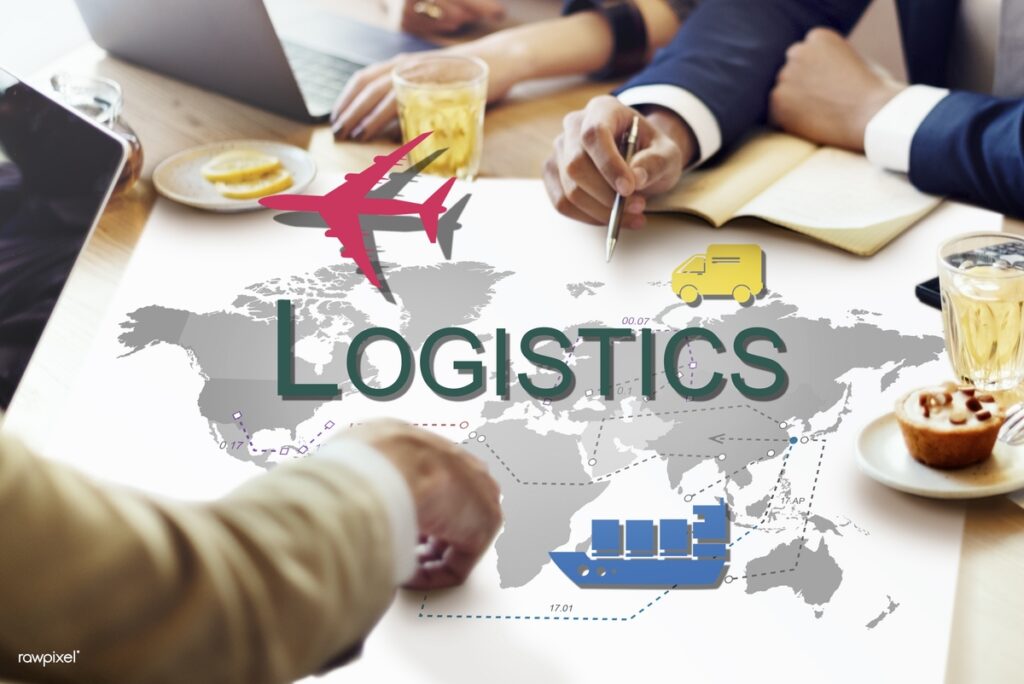Strong leadership today requires more than strategic vision or motivational skills—it demands a hands-on understanding of how a business operates from the ground up. Among the many operational areas that modern leaders must grasp, logistics stands out as a powerful asset. Whether it’s managing global supply chains, ensuring timely deliveries, or dealing with international shipping regulations, logistics plays a critical role in shaping a company’s agility and success.
Here’s why logistics knowledge has become a crucial trait for effective leadership.
Navigating Complexity in Global Supply Chains
Supply chains today stretch across continents. Businesses are sourcing raw materials from Asia, manufacturing in Europe, and distributing to North America. This global interdependence means even minor disruptions—weather events, customs delays, or political shifts—can ripple across the entire chain.
Leaders with logistics insight can anticipate potential bottlenecks, pivot quickly when challenges arise, and collaborate more effectively with operations teams. They understand lead times, cost variables, and the risks associated with different shipping methods. As a result, they’re able to make better-informed decisions that keep the business moving forward, even in turbulent times.
Speed, Efficiency, and Customer Expectations
In an age where customers expect next-day delivery and real-time updates, logistics is no longer a backend function—it’s a key differentiator. Leaders who grasp the mechanics of distribution, warehousing, and transportation can align internal teams to meet rising expectations without compromising efficiency or increasing costs.
They’re also better positioned to champion innovations like automation, predictive analytics, and route optimization tools. These not only boost performance but also contribute directly to customer satisfaction and loyalty—two metrics that are vital for long-term growth.
Strategic Cost Management
Transportation, storage, and freight duties make up a significant portion of operational budgets. A leader who understands logistics can spot opportunities to streamline these costs without affecting service quality. This might include consolidating shipments, renegotiating carrier contracts, or investing in smarter inventory management systems.
Furthermore, logistics-savvy leadership is more likely to recognize the value of compliance and documentation in cross-border trade. For instance, understanding the need for a reliable customs clearance service can prevent costly delays, fines, and lost business when navigating international markets.
Fostering Cross-Departmental Collaboration
Logistics touches nearly every aspect of a business—from procurement and manufacturing to sales and customer service. Leaders with logistics knowledge can bridge gaps between these departments, ensuring smoother communication and a shared understanding of goals and timelines.
This collaborative mindset doesn’t just boost internal efficiency; it also helps companies build stronger partnerships with external vendors, logistics providers, and even customers. That kind of cohesion can be a major competitive advantage in today’s fast-paced market.
Building Resilience and Future-Proofing
The last few years have shown that disruption is no longer the exception—it’s the norm. Whether due to pandemics, geopolitical tensions, or shifting regulations, businesses must be ready to adapt. Logistics-savvy leaders are better equipped to create resilient supply chains with built-in contingency plans and diversified sourcing strategies.
They can identify potential vulnerabilities, assess the impact of global events, and implement solutions before issues escalate. This ability to think ahead and act quickly is exactly what businesses need to survive and thrive in a constantly changing environment.
Conclusion
Leadership is evolving. In today’s market, success hinges on more than high-level strategy—it requires operational fluency, particularly in logistics. Leaders who understand supply chain dynamics, embrace efficiency tools, and appreciate the role of compliance are setting their companies up for sustainable success.
By making logistics knowledge a core part of the leadership toolkit, businesses gain the insight and flexibility they need to compete and win—no matter what the market throws their way.

